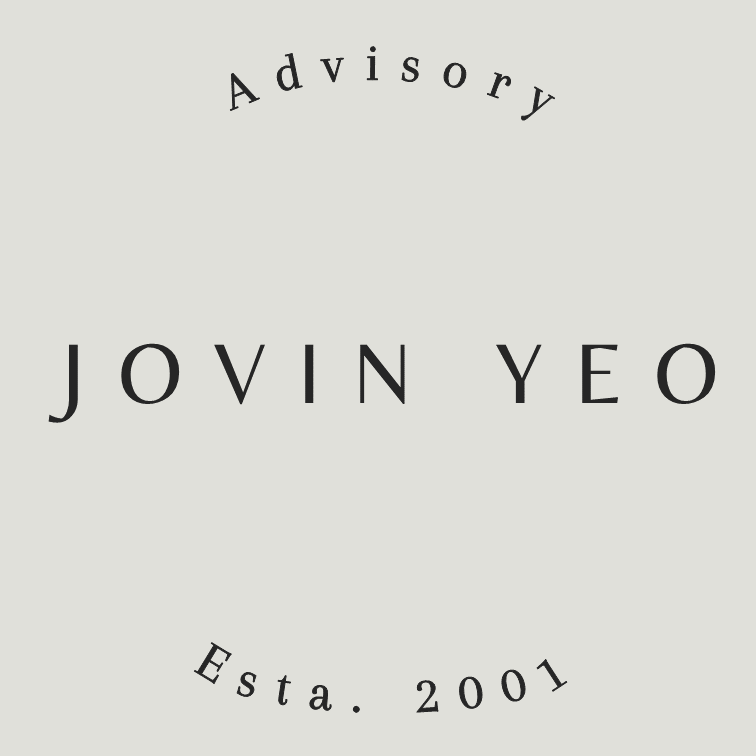Parenthood brings much joy, but in Singapore, it can also be extremely costly to raise a child.
How much does it REALLY cost to raise a child in Singapore and what are some ways to manage the high costs?
Despite the Singapore government providing a significant amount of subsidies for each child (costing the government approximately $151,000 per child for healthcare and education etc.), most parents still feel the pinch especially when their child reaches university.
In 2021, a local university education costs between $24,000 to $40,000, while an overseas education could easily cost upwards of $100,000 per year when taking into consideration international students' tuition fees, flights and other living expenses such as rent and food.
Backtrack a little - even before your child has entered into the formal education system, various costs involved can set you back in terms of reaching your financial goals or managing your expenses. Such costs include but are not limited to:
- Pregnancy-related costs - from pre-natal classes to multiple gynaecologist visits, all the way to hospital costs for delivering the baby and confinement nannies, pregnancy-related costs can easily amount to more than $10,000 per child.
- Baby to toddler costs - recurring spending on diapers, formula milk, personal care products (eg. diaper cream, baby food, baby lotions etc.) costs upwards of $3,000 per year and can increase drastically when there are complications to the baby's health. Other costs relating to non-perishables include prams, car seat, clothes, milk bottles etc. can also cost at least $1,500.
- Childcare costs - with most parents in Singapore falling in the category of dual-income couples, the struggle gets real after their maternity leave. Without the support of the grandparents for whatever reason, childcare costs can come up to $6,000 to $12,000 a year for childcare centres, full-time nannies or domestic helpers.
- Pre-university education costs - even with highly subsidised education in Singapore, it still costs you at least $3,000 per year to cover for a child's allowance, uniforms, textbooks, stationery etc., not including enrichment classes or tuition that you register your child for.
In order to manage all of the above costs effectively, here are some strategies you can consider adopting:
- Be aware of the government grants available to you - from baby bonus cash gifts, dollar-for-dollar matching to the Child Development Account to Medisave grants for all newborns, various measures are in place to ensure that the initial cash outlay is reduced.
- Understand the different types of personal income tax relief and rebate - various reliefs are in place for parents in general, working mothers or if your child is handicapped.
- Work out a sound financial plan based on your unique financial situation - should you do-it-yourself when it comes to investing to cover the future costs of raising a child, or should you hedge your risks by outsourcing to an instrument that will take care of the future investments if you are critically ill or pass on when your child is still young? How exactly should you split between coverage and investments?
All in all, while raising a child in Singapore is notoriously expensive, being aware of the various grants and tax reliefs available to you can help manage the costs, while proper financial planning and sound investment strategies can assist to improve your financial situation.
There is no one size fits all approach to this and we are happy to discuss the unique strategies tailored for your family - schedule a time to speak with us today.





